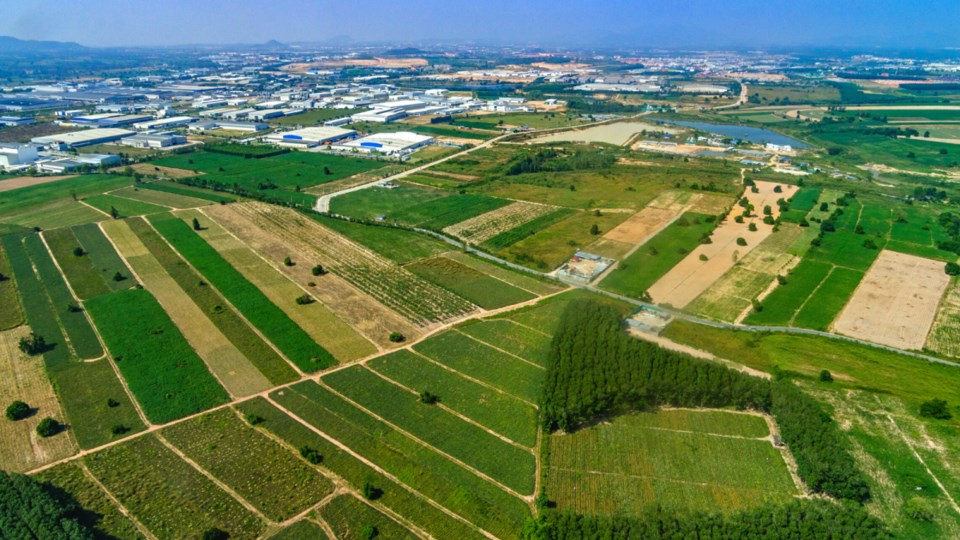This column was supplied by Ontario Federation of Agriculture president Peggy Brekveld in response to 'Ontario abandons proposal to sever farmland lots in response to farmer opposition,' published May 30.
In bringing a message, it often isn’t about one voice. It is many voices, one message.
Ontario’s farmers have been vocal – and united – in recent weeks in asking the provincial government to take a pause on its recent proposed Provincial Planning Statement and proposed Bill 97. We are thankful that government has listened to our most significant concern and is taking steps to address it.
The Ontario Federation of Agriculture (OFA) was joined by Ontario’s other two general farm organizations, 11 commodity and agricultural groups and 30 of the OFA’s local county federations of agriculture in a broad-based coalition to urge the government to reconsider proposed actions that would severely threaten local farmland protection.
In particular, this coalition has been strong in its opposition to a proposal from the government to allow up to three new severed residential lots on an existing farm property. Creating residential housing lots in agricultural areas has long been controversial, and the negative impacts for farming are well demonstrated.
Ontario boasts some of Canada’s richest and most fertile farmland, and the proposed severance plan poses risks to that farmland, including permanently taking it out of agricultural production, which threatens the long-term sustainability of both farming and the food system we all depend on.
Our coalition is also extremely concerned that increased residential lot creation in prime agricultural areas will create conflict between farmers and their non-farming neighbours for all aspects of regular farm activities.
This includes applying crop nutrients to the land, conflict about odours and noise, wildlife control and more. We also don’t want to lose the current minimum distance separation requirement, which requires minimum distances between houses and livestock barns and works well to minimize conflict between livestock farmers and residential areas and protect water resources.
Simply put, this united coalition of farmers and agricultural leaders has spoken up with a single voice against legislation that could make it difficult or impossible for farmers to manage and expand their farm businesses in the future.
That’s why the news that the provincial government has heard our concern and will not be moving ahead with the three-lot severance proposal is so welcome. The government has also announced it will extend the consultation period that is currently ongoing regarding the proposed Provincial Planning Statement and agreed to work with the agriculture sector to find solutions to this issue.
Conversations will continue between government and agricultural stakeholders. And that is important.
We recognize that Ontario is facing an affordable housing crisis and that solutions must be found, and we’re more than willing to be part of that process. Ontario’s farmers are not opposed to urban growth and development – we also want housing options to support youth, seniors, families, workers, and newcomers in our communities.
The answer lies with responsible land-use planning that prevents further farmland loss, encourages ongoing investment in farms and farm-related businesses and helps communities reach intensification targets.
This includes directing growth to urban and rural settlement areas where housing needs can be met in serviced areas using much less land. It also ensures efficient use of municipal infrastructure investments and reduces costs to provide services.
Meaningful dialogue between government, farmers, and municipalities will help find ways to support the provincial government’s housing goals, and we look forward to actively engaging in that dialogue in the days and weeks ahead.
To government, we appreciate the change in direction and look forward to the conversations ahead. To the farm organizations and farm representatives who represent our great sector: thank you for your united voices on this issue.
Here’s to Farms and Food Forever.



